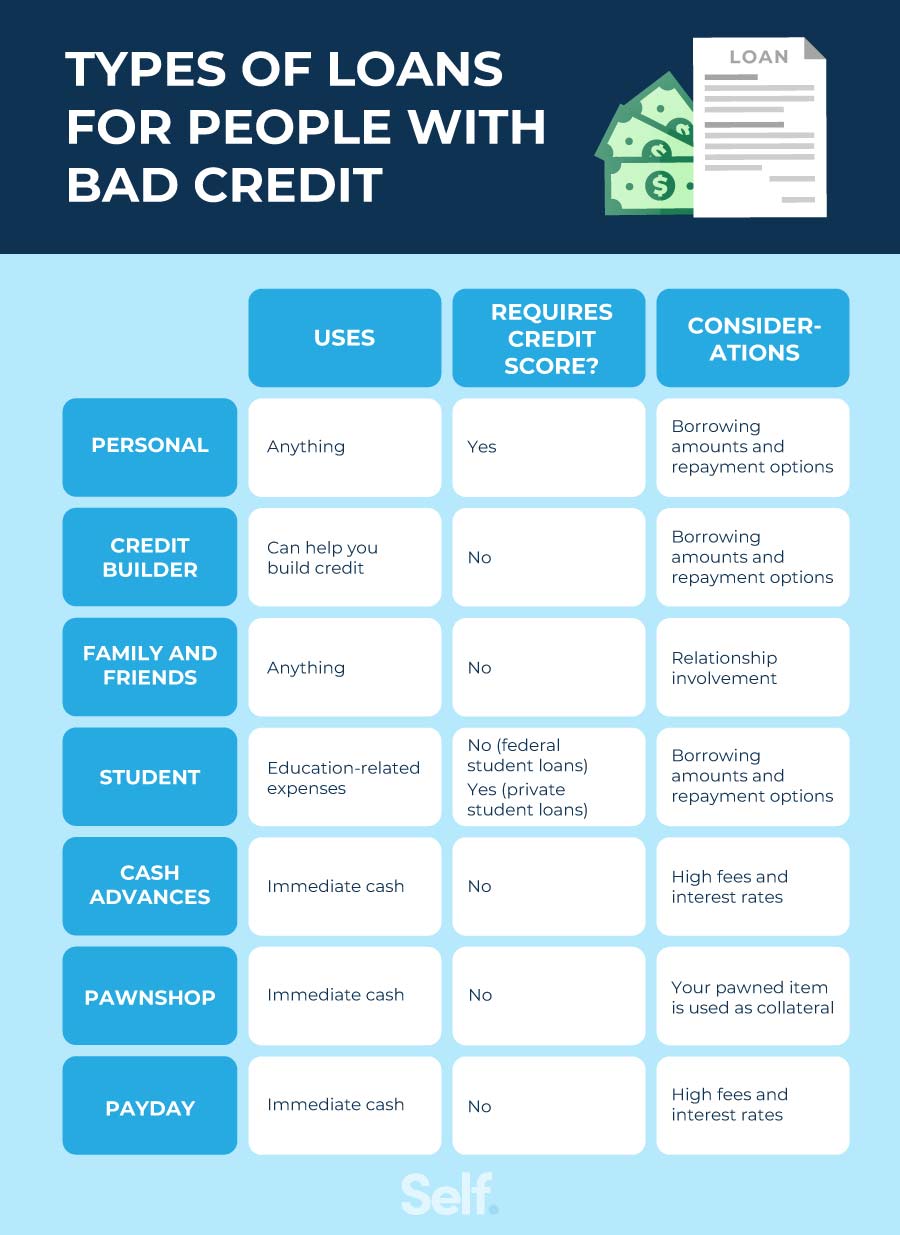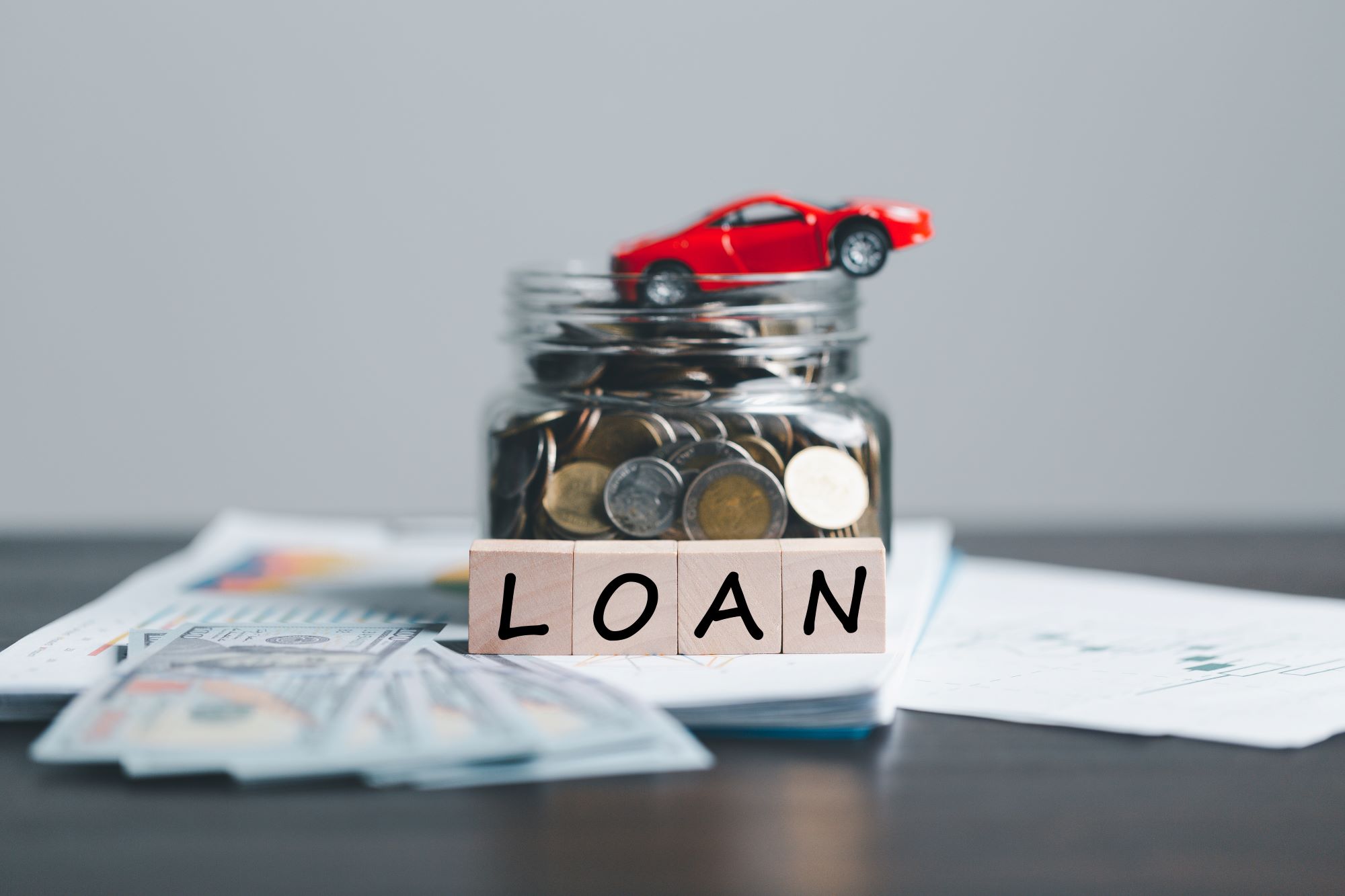Personal Loan With Car As Collateral Bad Credit

The late afternoon sun cast long shadows across Maria’s driveway, highlighting the faded paint on her reliable, yet aging, sedan. A vehicle that had carried her through thick and thin, from countless school runs to a cross-country move, now stood as a potential lifeline. Maria, like many others with a less-than-perfect credit history, was exploring the possibility of a personal loan, using her car as collateral, a decision fraught with both promise and peril.
The allure of a personal loan secured by a car is strong, especially for those with bad credit. It offers access to much-needed funds when traditional lenders turn away. However, this option comes with significant risks and requires careful consideration to avoid a cycle of debt.
Understanding Personal Loans with Car Collateral
A personal loan with a car as collateral, often called a car title loan or secured personal loan, uses the borrower's vehicle as security. If the borrower fails to repay the loan according to the agreed terms, the lender has the right to seize the vehicle. This type of loan is particularly appealing to individuals with bad credit because the collateral mitigates the lender's risk.
The concept seems straightforward, but the details are crucial. Understanding the nuances can be the difference between financial relief and financial ruin.
The Appeal for Individuals with Bad Credit
Traditional lenders, like banks and credit unions, typically rely heavily on credit scores to assess risk. A low credit score, often resulting from past financial missteps or unforeseen circumstances, can disqualify borrowers from these conventional loans. Car-secured personal loans offer a potential workaround.
These loans provide an avenue for accessing funds when other doors are closed. They can be used for various purposes, such as covering unexpected medical bills, consolidating debt, or handling home repairs.
However, the accessibility comes at a cost.
The Risks Involved
The primary risk associated with these loans is the potential loss of the vehicle. If a borrower defaults on the loan, the lender can repossess the car, leaving the borrower without transportation and potentially deepening their financial woes. This can be especially devastating for individuals who rely on their car for work or essential daily tasks.
Moreover, these loans often come with significantly higher interest rates and fees compared to traditional loans. APR (Annual Percentage Rate) can soar into the triple digits, making repayment incredibly challenging.
These high rates can quickly turn a manageable loan into an overwhelming debt burden.
Predatory Lending Practices
The market for car-secured personal loans can be vulnerable to predatory lending practices. Some lenders may exploit borrowers’ desperation by offering loans with unfair terms and hidden fees. These practices can trap borrowers in a cycle of debt, making it nearly impossible to repay the loan.
Borrowers should be wary of lenders who are not transparent about their terms and conditions. Always read the fine print and seek independent financial advice before signing any agreement.
Knowledge is power in these situations.
Finding Reputable Lenders
If a car-secured personal loan seems like the only option, it’s crucial to find a reputable lender. Look for lenders who are licensed and regulated by state and federal agencies. Check their reviews and ratings with the Better Business Bureau and other consumer protection organizations.
Transparency is key. A reputable lender will clearly explain the loan terms, including the interest rate, fees, and repayment schedule. They will also be willing to answer any questions you may have.
Avoid lenders who pressure you to borrow more than you need or who are vague about their terms.
Alternatives to Car-Secured Personal Loans
Before resorting to a car-secured personal loan, explore all other available options. Consider applying for a secured credit card, which may offer a lower interest rate. Look into personal loans from credit unions or online lenders that cater to individuals with bad credit.
Family and friends may also be willing to provide financial assistance. Government assistance programs or non-profit organizations may offer grants or loans to help with specific financial needs.
Don’t underestimate the power of exploring all avenues.
Responsible Borrowing Practices
If you decide to proceed with a car-secured personal loan, prioritize responsible borrowing practices. Only borrow what you absolutely need, and create a realistic budget to ensure you can repay the loan on time. Make every payment on time to avoid late fees and potential repossession.
Consider setting up automatic payments to ensure you don't miss a due date. If you encounter financial difficulties, contact the lender immediately to discuss potential solutions.
Proactive communication is essential.
Improving Your Credit Score
While addressing your immediate financial needs, focus on improving your credit score. Paying bills on time, reducing debt, and avoiding new credit applications can gradually improve your creditworthiness. A better credit score will open up more favorable borrowing options in the future.
Consider using a secured credit card or a credit-builder loan to establish or rebuild your credit history. Check your credit report regularly for errors and dispute any inaccuracies.
Building good credit is a marathon, not a sprint.
Expert Opinions and Data
Financial experts generally advise caution when considering car-secured personal loans, especially for individuals with bad credit. According to the Consumer Financial Protection Bureau (CFPB), these loans can be very risky due to their high interest rates and the potential for repossession.
Data from the Federal Trade Commission (FTC) shows that consumers often file complaints about car title lenders, citing issues such as unfair lending practices, hidden fees, and aggressive collection tactics. These statistics underscore the importance of careful research and due diligence when considering this type of loan.
Informed decisions are the best defense against financial pitfalls.
Maria paused, the setting sun glinting off the windshield of her car. The decision weighed heavily on her. The potential relief was tempting, but the risks were undeniable. She knew she needed to tread carefully, armed with information and a commitment to responsible borrowing, to navigate this financial crossroads.

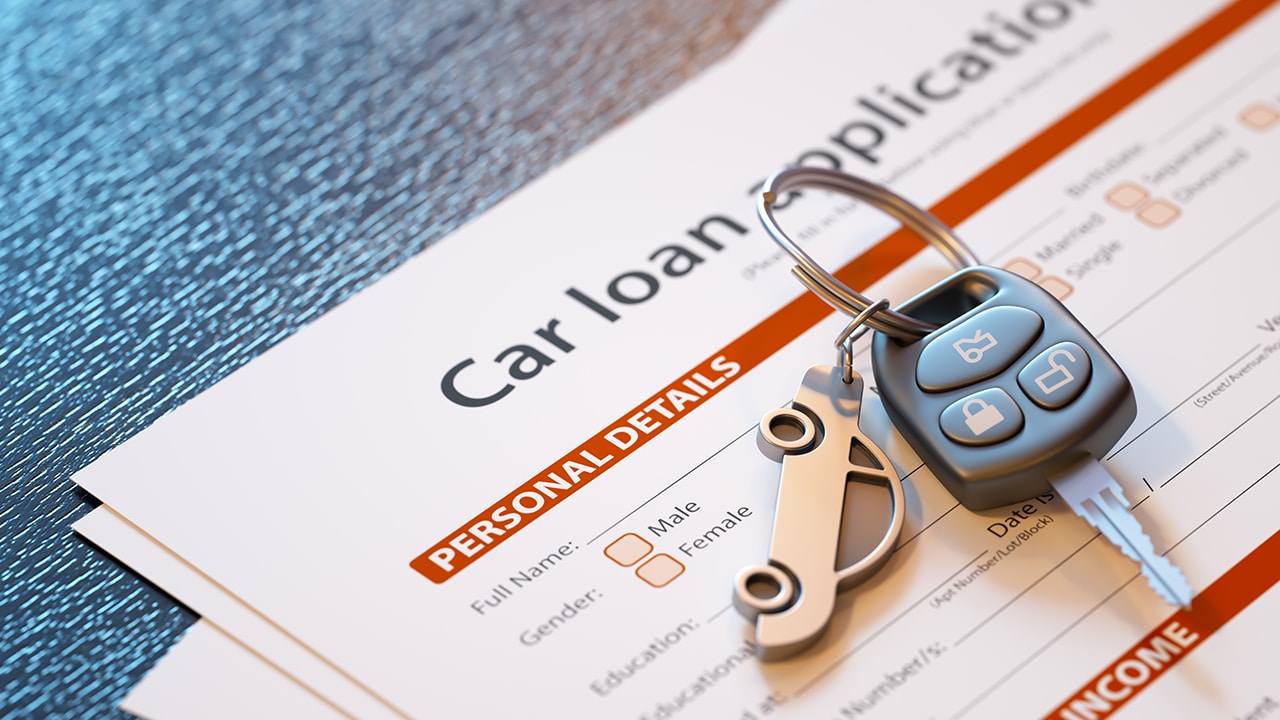

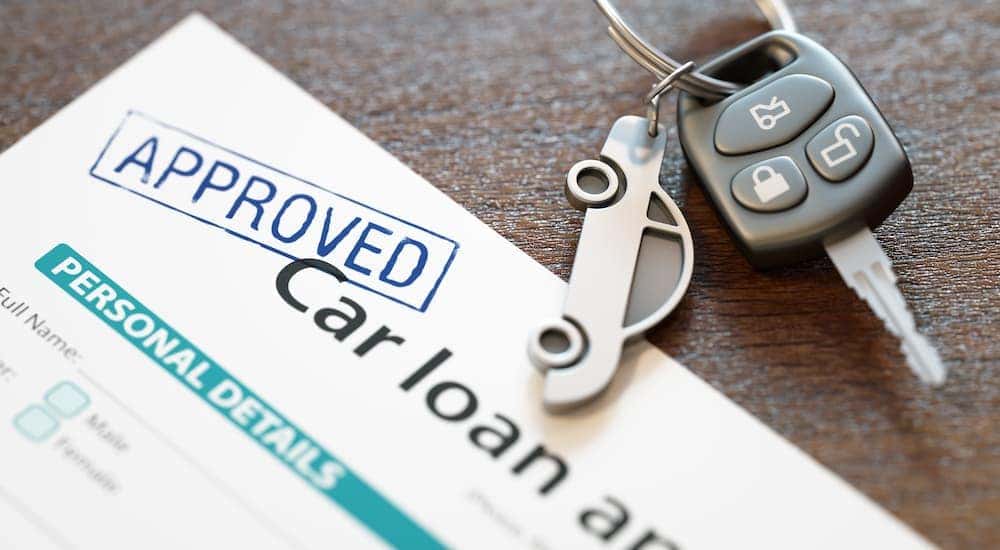
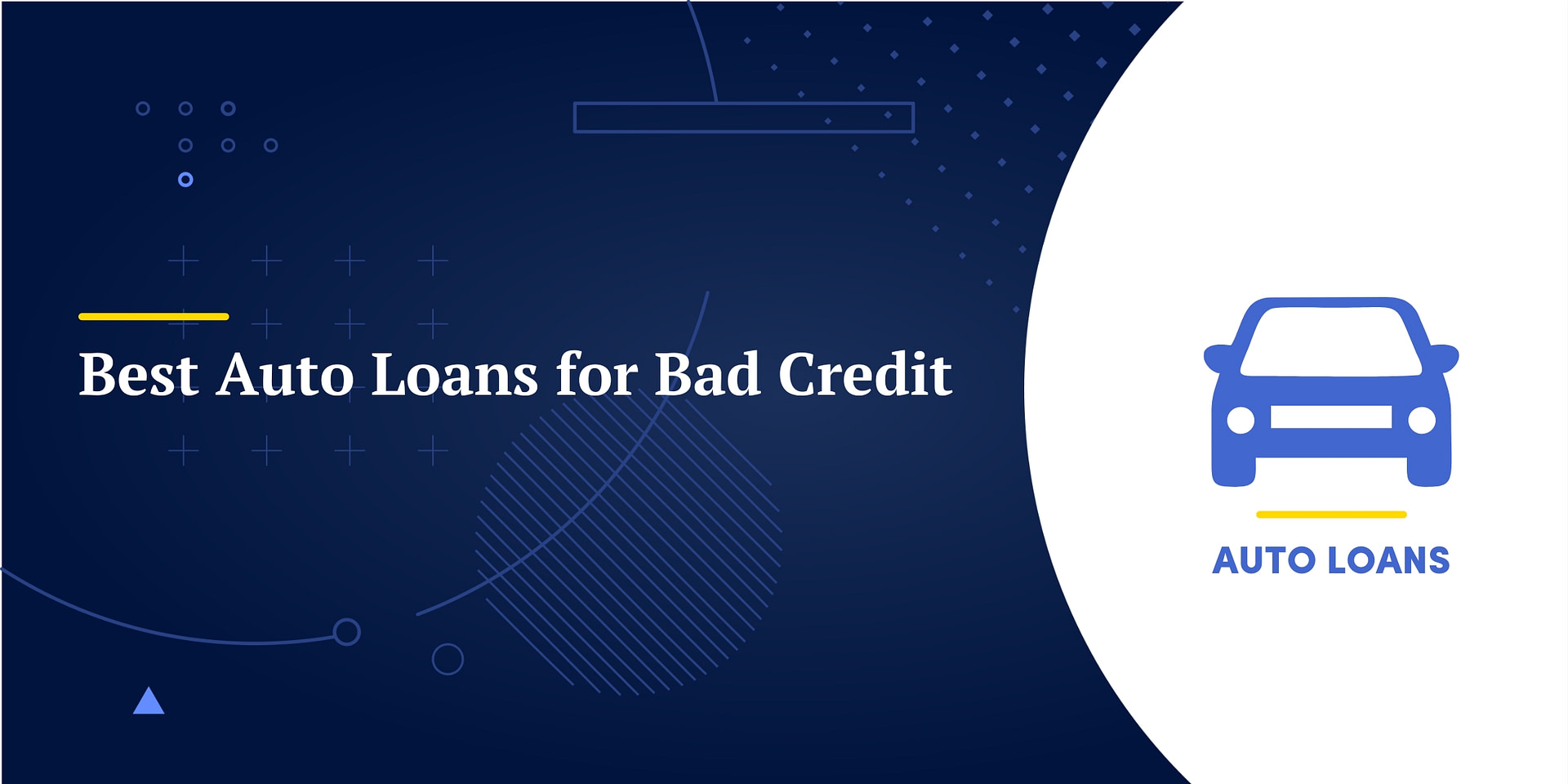
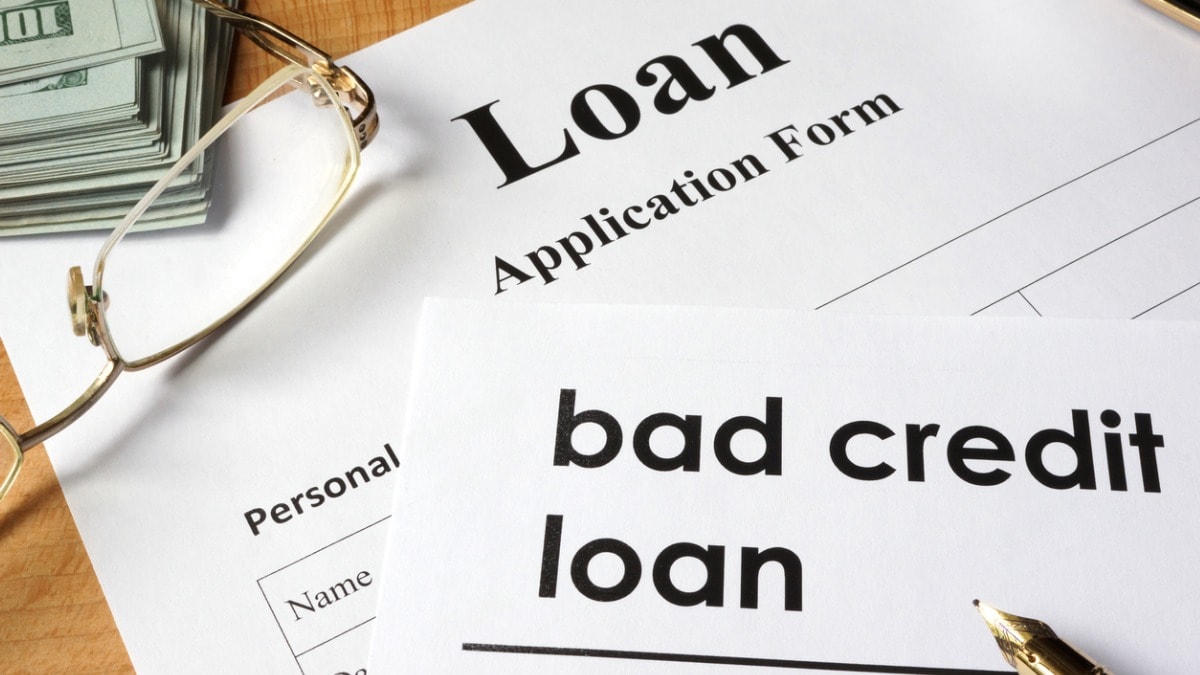
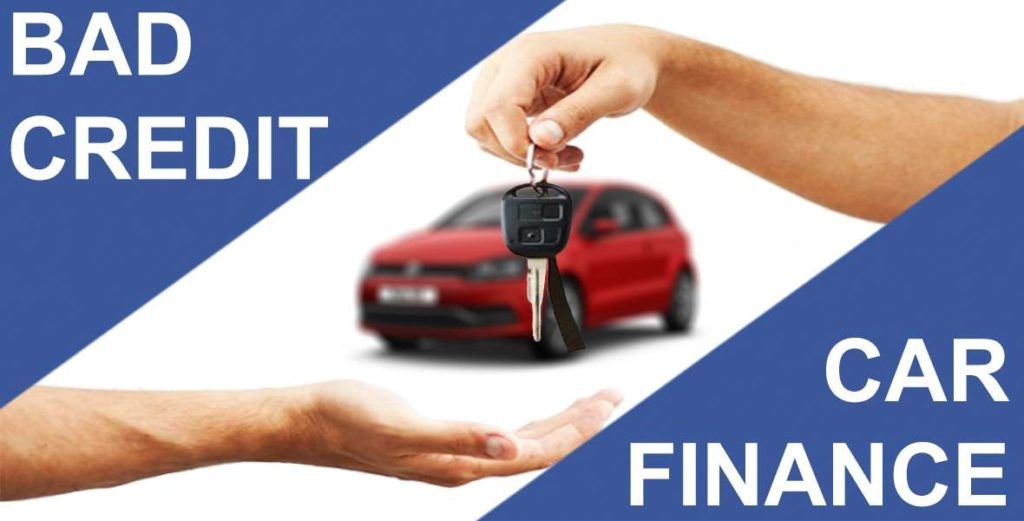


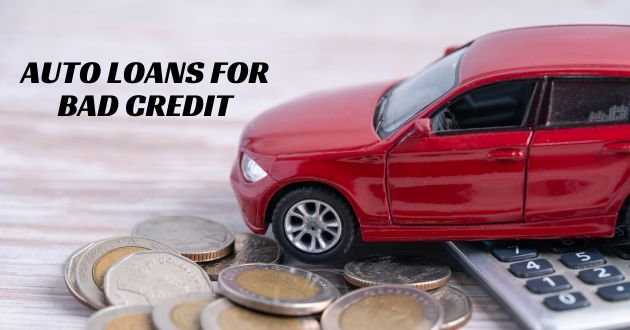
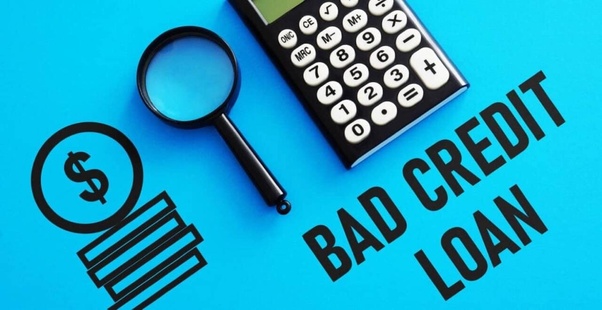
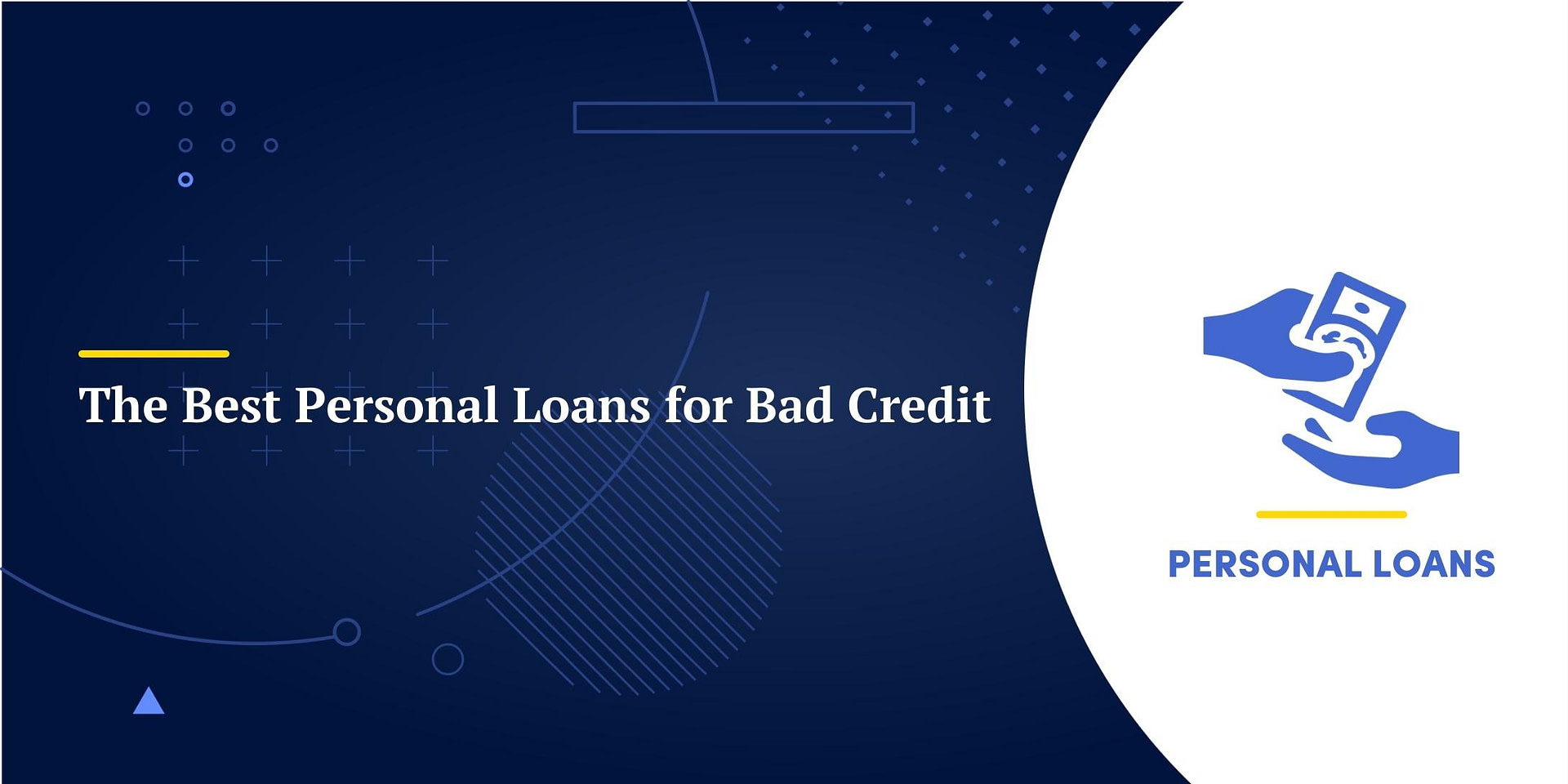
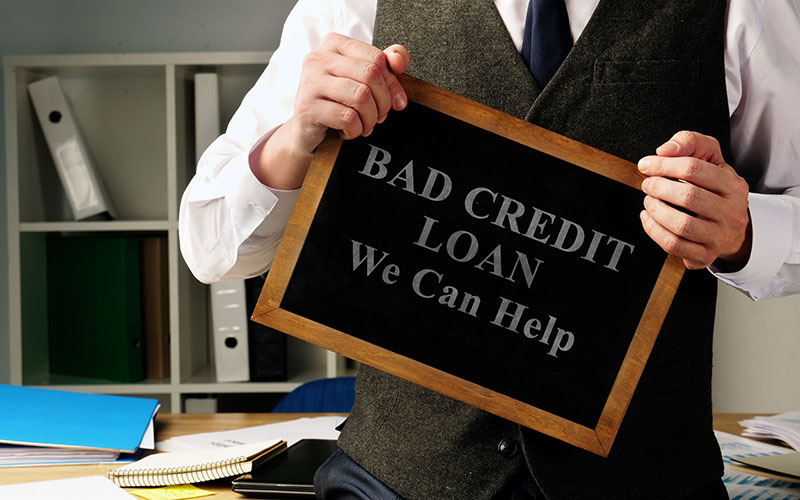

/cloudfront-us-east-1.images.arcpublishing.com/dmn/VQTVMZKYXBBLVECIAWNZC46WME.jpg)
